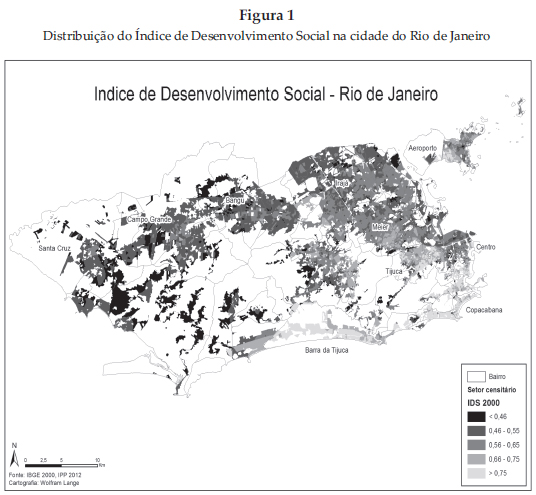Since the post war period, the discussion about the factor that impact the production and reproduction of social and educational inequalities has oscillated between optimistic views of school systems expansion and explanations that focus the effect of the student's socioeconomic background and/or the school processes. The article discusses a tradition of quantitative studies that began after the Coleman Report (1966) and their developments on the school-effect and the neighborhood-effect studies. It focuses on the limits and possibilities brought by neighborhood-effect and on the geography of opportunities literature in order to understand the mediation mechanisms between residential segregation and educational results. The article discusses researches that have used this theoretical and methodological framework considering the Brazilian context. It points to the next challenges to advance in the comprehension of the social organization of the territory and educational inequality in this context.
Inequality of educational opportunities; Neighborhood-effect; School-effect; Residential segregation

